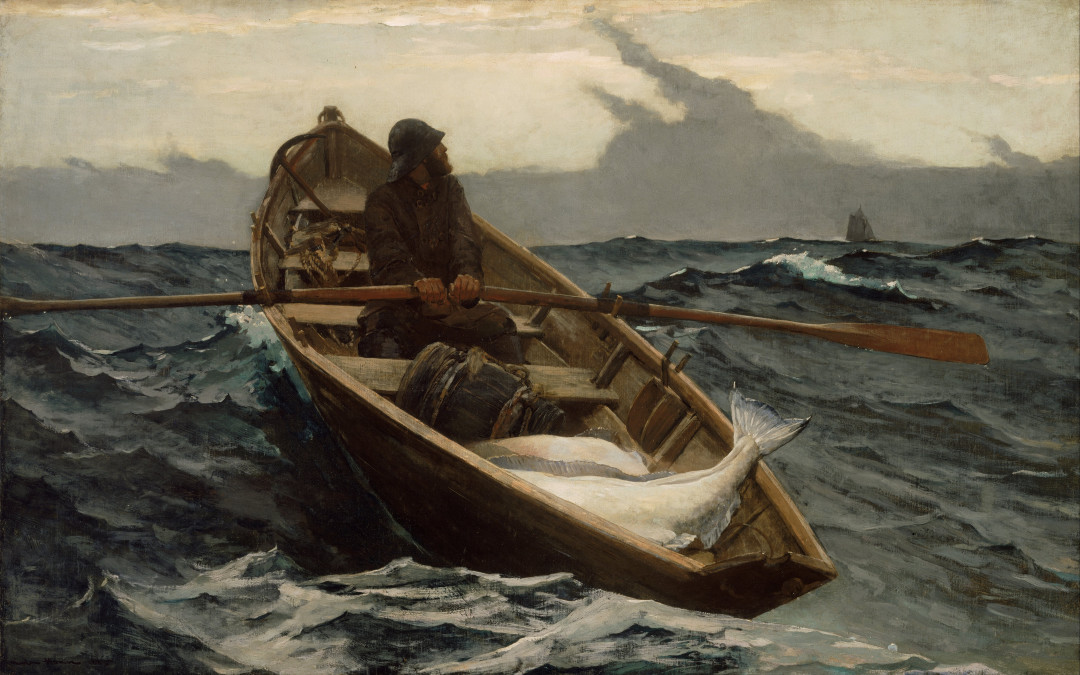Explore, Assess, Reflect & Rethink
How to move on to a better tomorrow…
For most of us teachers, our first crash course in remote learning is done, and the wise work now is to separate the wheat from the chaff and truly assess what works and what can be cast aside as detritus from a noble effort. I have always required my students to write a “metacognition” after each assignment as a way to explore, assess, reflect & rethink their unique experience of a common assignments and assessments. These dreary, one more thing they have to do drudgeries evolve over the course of the year from stuttering incantations of frustration into honest and compelling reflective exercises that reflect the “meta” of “cognition” in rich and nuanced narrative voices.
As educators, we would be wise to do the same while the bloom still clings to the vine and the muddy dew is still fresh on our hands. No doubt, it seems that remote learning is not going away. The likelihood of the coronavirus magically slipping into mere memory diminishes with each passing week, so yes, we need to prepare, but no, we do not need to make rushed and hurried decisions and leaping into professional development until we are sure what needs to be and can be developed over the course of the summer and before the looming reality of “The Fall Semester.” My cantankerous and curmudgeonly self already fears the slew of opportunities hell-bent on doing me good. I am an old and hardened soldier leery of being pushed into the mud before I dance to the old songs I know.
It would be handy and convenient to simply accept that “We’ll listen to the experts,” but who is to say with clarity who these experts are? As a teacher, I would answer, “We are! Each and every damned one of us!” We have all had our flashes of brilliance, and we have all had, more than likely, our share of fizzled duds, but we are, by and large willing to transform what we know into what we need to do. To administrators I say, “Give us the tools and let us build our own castles on the foundation of our unique school communities.” If we are unwilling or incapable, then by all means dictate and proscribe what you will in ladled dollops of wisdom and stubborn persistence. To students I say, “Be the kid who figures it out; not the lazy slouch who figures a way out. This is your new and inescapable garden in which to wither or bloom.” To parents and guardians I say, “Embrace the beast and do your best to tame the wild urges to let it run wild. You are no less a part of your child’s education than any teacher or school. You are the model of your child’s future, so be strong, wise and demanding.”
Oh, to be a fly on the wall to hear the chats of our students, the mumbles of our colleagues, the scrambling of administrators trying to put this whole ecosystem together, and the exasperations of our parents as education morphed from walking in to logging on; from engaging in the sensate repartee of the classroom and the bustling of a school community, and shifting on the fly to the hard screen of Zooms and uploads, halting connections and distracted, unkempt students still deep in the torpor of sleep. Even as summer begins, most of us are tired and weary. We live in a world that is cobbled together with loose stones and thin mortar. It is easy to lose faith and fear all that lies ahead. For the past three months, school was not what it was, and in many cases, not what it should be, yet, somehow much of it worked, and often to an astonishing degree. On successive days we have all been the hero and then the fool. In spite of any and all frustrations, our own experiences must now shape a new paradigm that can–and must–work.
Our lives and our experiences must become the parable that guides our future. We should start by imagining or reliving those babbling and disjointed conversations of what was good and what was bad, who was right and who was wrong, what worked and what didn’t work. We need to focus on our individual successes as teachers, our efforts as students, our thoughtfulness as administrators, our undeniable rights and roles as parents, and we must explore, assess, reflect and rethink–and separate the wheat from the chaff. That cannot begin until there is and acceptance that education is a three-legged stool; that there needs to be true and searching reflection on the parts of educators, students–and parents, for we all play an equal role in the dynamic that determines the success or failure of the second iteration of Remote Learning 2.0.
It is a new day and time for new ideas. The bell tolls for you…
And us.

Recent Comments